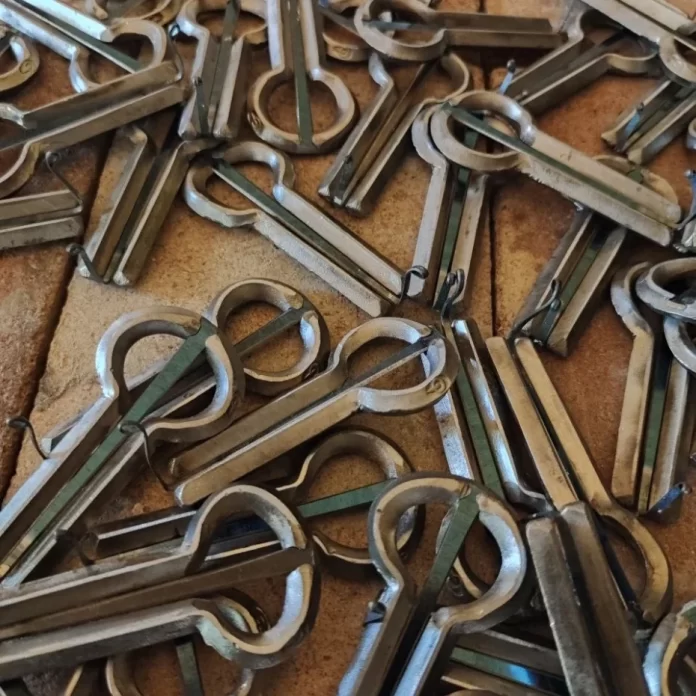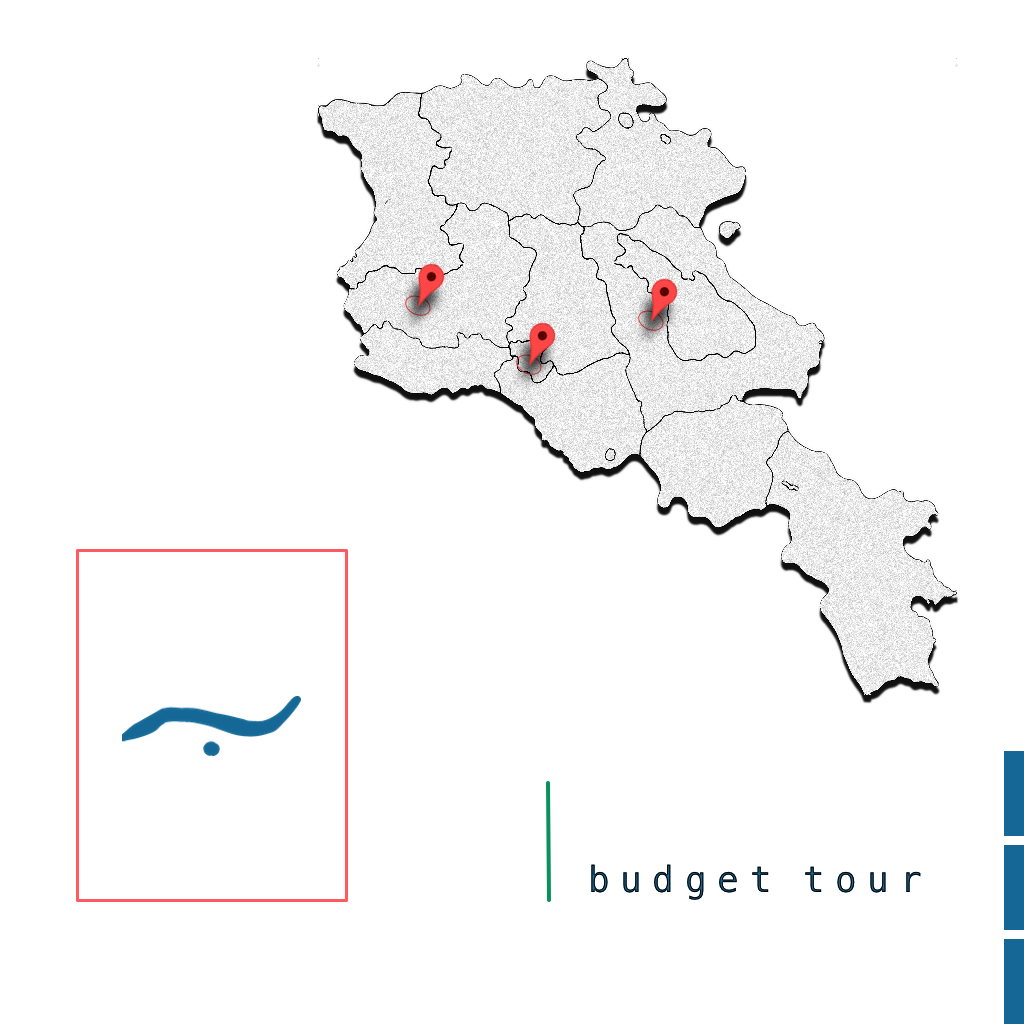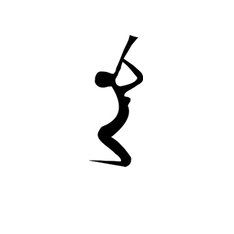When forgotten metal remembers how to sing.
Some instruments never really die — they just fall silent until someone listens closely enough to hear their ghost.
The Ribeba, a long-lost Jew’s harp from the mountains of Northern Italy, was one of those sleeping sounds. For decades, it existed only in whispers — a word in an old dialect, a drawing in a forgotten book, a fading memory of “that strange mouth harp the old men used to play.”
Then one day, someone heard the silence differently. And in that silence, the Ribeba began to breathe again.
An ancient vibration
Every jaw harp player knows that feeling — when the reed trembles between the teeth and your whole body becomes the chamber of the instrument. It’s not just sound. It’s vibration — raw, immediate, personal.
The Ribeba carries that same intimacy, but with something older in its tone. Its shape is rougher, its voice darker — a sound that feels like iron singing through fog, like the hum of mountain air through stone walls. It’s the kind of tone that makes you stop playing for a second, because you can feel the centuries humming inside it.
No two Ribebas sound the same. Each one has its own soul — forged by hand, tempered by fire, born in a world where music wasn’t about perfection but presence.
The return
When instrument makers and researchers first revived the Ribeba, they didn’t know exactly how it was supposed to sound. They had measurements, old sketches, a few stories — but no recordings, no scores. So they listened to the metal itself. They tuned it, struck it, coaxed it into speaking.
And when it finally spoke, what came out wasn’t just a note. It was a memory.
Word spread quietly among musicians. Jaw harp players from Austria, Slovenia, and Sardinia came to hear it, to hold it, to let it vibrate against their teeth. They said it felt alive. Like the instrument wasn’t just being played — it was remembering.
Why it matters
In a world that prizes speed and shine, the Ribeba offers something else: a return to breath, to patience, to the pulse that connects music to the body. It reminds us that sound doesn’t need to be loud to be powerful — it just needs to be honest.
The rediscovery of the Ribeba isn’t just about an old instrument. It’s about listening again — to what history left behind, to what metal can still say, to how music carries the soul of a place even when words have vanished.
Somewhere in the hills of Friuli or Trentino, a blacksmith once made a harp for someone’s hands and mouth, never knowing that centuries later, that same vibration would be reborn.
And if you’ve ever played the jaw harp — if you’ve ever felt that wild little pulse beneath your fingers — you know exactly what that means.
Because when you play it, you’re not just making sound.
You’re continuing a heartbeat.



